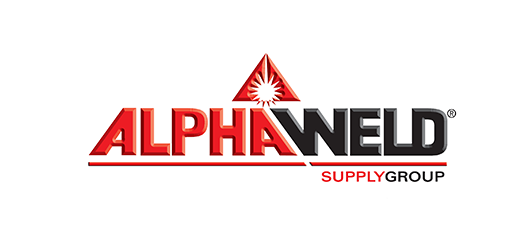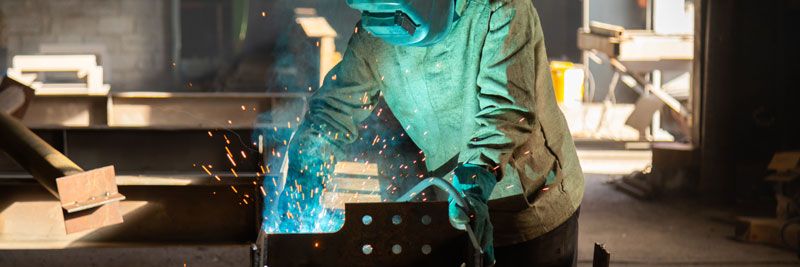Shop Now
- Welding Consumables
- Welding Torches & Torch Spares
- Welding Machines
- Plasma & Cutting Machines
- Welding Machine Spare Parts & Accessories
- Welding Fume Extraction Equipment
- Gas Welding Equipment
- Welding Abrasives
-
Welding Safety Equipment
- Welding Helmets
-
Welding Helmet Spares
- Speedglas Spares
- Betaweld Spares
- Cigweld Spare Parts & Accessories
- Flip Front Helmet Spares
- Jackson Spares & Accessories
- Lincoln Electric Spare Parts & Accessories
- Miller Spares & Accessories
- RPB Spares
- Servore Spares
- Unimig Spare Parts & Accessories
- Weldclass Spares & Accessories
- Miscellaneous Helmet Lens
- Welding Gloves
- Protective Workwear
- Welding Blankets
- Welding Screens & Curtains
- Ear Protection
- Eye Protection
- Face Protection
- Hand Protection
- Head Protection
- Respiratory Protection
- Sun Protection
- Hydration Products
- Fire Blankets
- Prestart Books
- Safety Signage
- Safety Tags
- Welding Accessories
- Pipe Welding Equipment
-
Cutting & Drilling
- Bandsaws
- Bandsaw Blades
- Bandsaw Accessories
- Coldsaws
- Core Drills & Accessories
- Cutting & Milling Blades
- Diamond Blades
- Drill Bits
- Holesaws
- Magnetic Base Drills
- Metal Working Lubricants
- Pipe Bevelling
- Pipe Cutting Equipment
- Pipe Tee Pulling Kits
- Pipe Threading Machines
- Plasma Table Water Additives
- Punching Machines
- Welding Merchandise
- Gift Cards
- Clearances
-
Hire
- Hire Equipment
- Hire Heating Equipment
- Hire Degausing Equipment
- Hire a Welding Positioner
- Hire a Turning Roller
- Hire a Diesel Welder
- Hire a Wirefeeder
- Hire a Multi-Process Welder
- Hire Accessories
- Hire a MIG Welder
- Hire a TIG Welder
- Hire a Stick Welder
- Hire a Plasma Cutter
- Hire a Weld Cleaner
- Hire a Stud Welder
The Hazards of Welding Aluminium
Aluminium, the world’s most abundant metal in the earth's crust and is found naturally occurring in soil, water and the atmosphere and being a lightweight and malleable metal it is used for many varied products of which often involves some form of welding in their construction. But be aware that there are working hazards and risks that are associated with aluminium welding.
Being such a durable and appropriate metal in many applications, its diversity is ensuring that projects that require welding aluminium are increasing. This increase translates to also an increase in harmful fume and airborne particles during welding. In most cases the risks are costly and difficult to treat if not controlled. It is essential to ensure that welders are protected by the correct control measures and or wear appropriate personal protection when welding aluminium and its alloys.
How Aluminium Welding poses a Health Risk?
One of the industry methods of welding is by using Metal Inert Gas (MIG). MIG applies high heat melting the aluminium, which facilitates oxidation. Aluminium oxide particles are formed mix with the welding fumes. The weld produces a lot of white visible fume of which consists almost entirely of magnesium oxide and aluminium oxide, which are known to be lung irritants. MIG is an excellent welding method since it's affordable and faster in comparison to other methods.
Welders inhale the fumes forming aluminium compound deposits in the lungs. The deposits are responsible for aluminosis also known as aluminium lung and bronchitis which can cause irreversible damage. They should be avoided as much as possible to be breathed in however a short term exposure shouldn’t adversely affect long term health unlike fumes produced when welding other materials. However the amount of exposure, there is still no acceptable levels when the risks are permanent.
Aluminium weld fume does not contain metallic compounds such as beryllium in aluminium filler welds, nor is there any manganese, chromium, or nickel but make no mistake though that in breathing in these particles will still risk putting a strain on the respiratory tracts and even the lungs if the particles reach and are deposited there. Consistent use of respiratory protection will minimise the risk.
Another harmful compound is ozone. Ozone is a by-product produced when you weld aluminium using MIG. When ultra-violet rays interact with oxygen, they form ozone, which is a known welding fume carcinogen. The production of ozone is higher during the welding of aluminium alloys in comparison to welding a pure form of aluminium. Ozone is classified as carcinogenic.
Aluminium's appearance does not alter when it is heated unlike steel which changes colour; it’s much more difficult to discern cold material from hot material when welding aluminium. To further complicate matters aluminium has also more thermal conductivity than steel so it will get very hot and not be very noticeable. A reasonable and cheap control measure is suitable warning signage.
Reflected UV light also is a common when welding metals, but it can be especially challenging in welding aluminium being such a highly reflective metal and due to this aluminium poses a bigger concern when it comes to light-related injuries. Fortunately this issue can be mitigated largely by welding screens and wearing suitable protective clothing and sunscreen.
How to prevent Welding Hazards relating to Aluminium
Since stopping to weld aluminium using the MIG method is not a practical solution for companies, it is better to take necessary precautions. A majority of MIG welders do not take enough measures when welding aluminium in the way of enough training to welders on the significance of wearing protective clothing. The first step of preventing hazards of welding aluminium is training all personnel on the appropriate way to weld aluminium alloys and pure aluminium. Training helps employees understand the dangers of inhaling welding fumes. Understanding the consequences will make welders proactive in taking precautions.
The second step is finding the appropriate protective clothing. Each welder should have a Personal Protective Equipment (PPE). A standard PPE has a welding helmet, protective welding jacket, gloves, boots, ear protection, and respirators. Complete protective clothing should be a norm before anyone starts working. Read our recent blog to find out more about having the right welding helmet.
Aluminium welding does have unique risks and safety issues, but the proper precautions will ensure you stay safe and sound against these factors. Find out more on the Hazards of Welding Fume Inhalation.
If you're needing quality and proven fume control solutions that will help remove and minimise these risks in your workshop or onsite, contact the experts at Alphaweld today!


